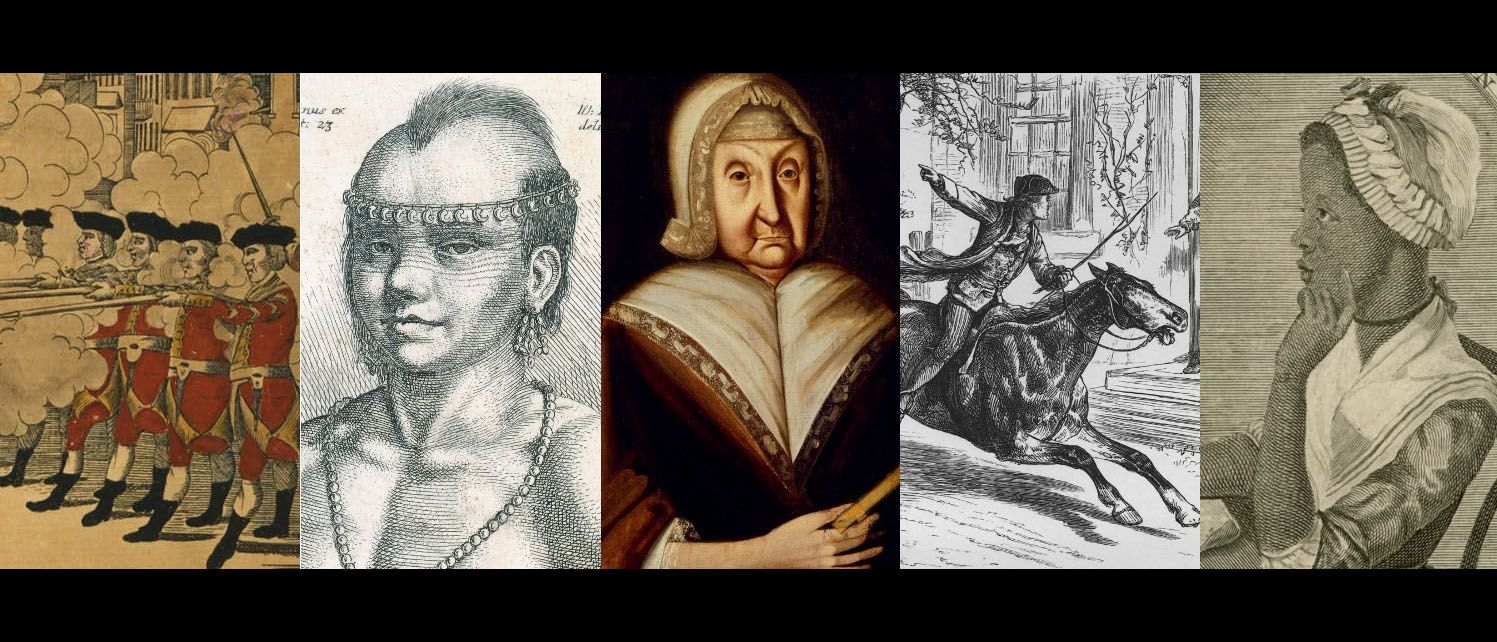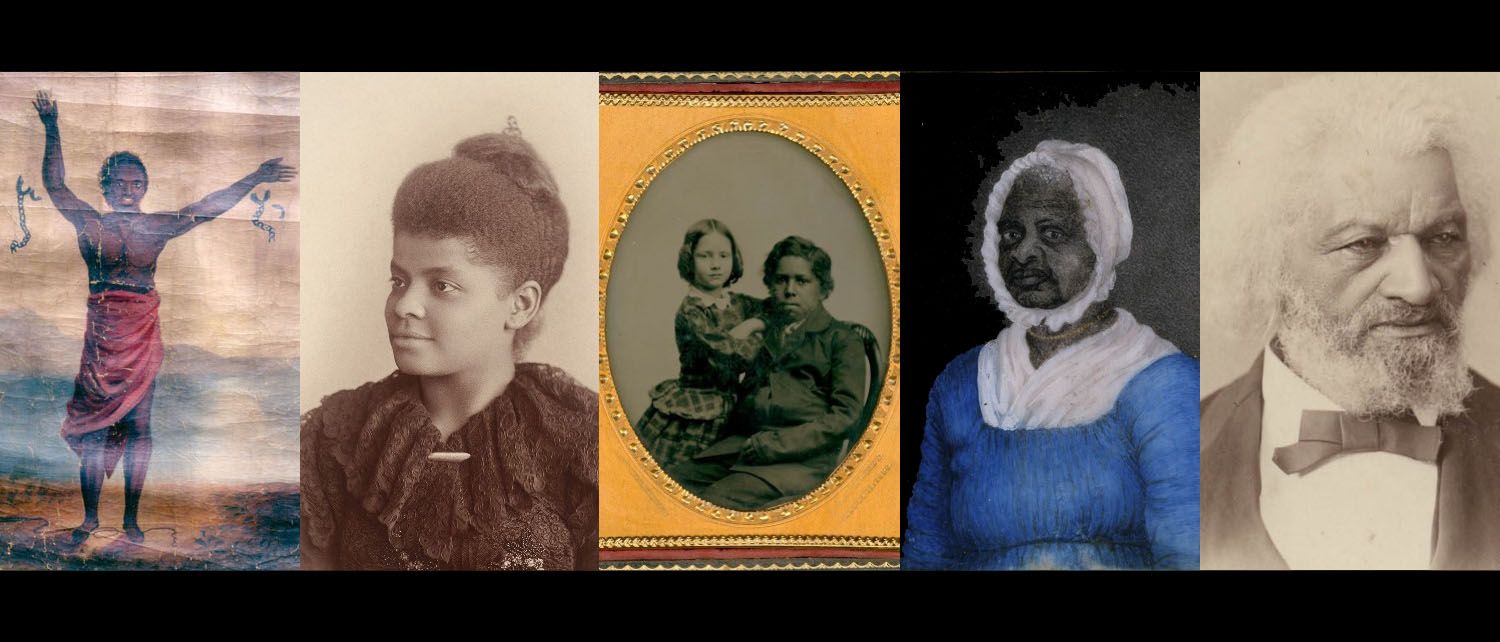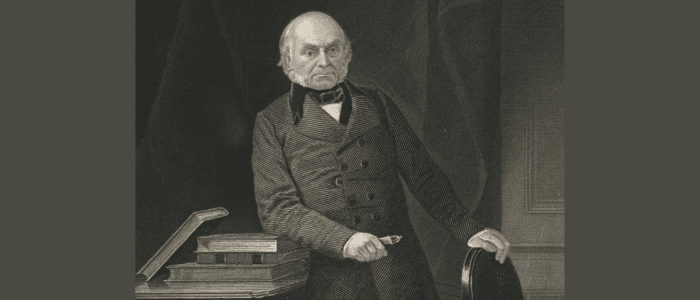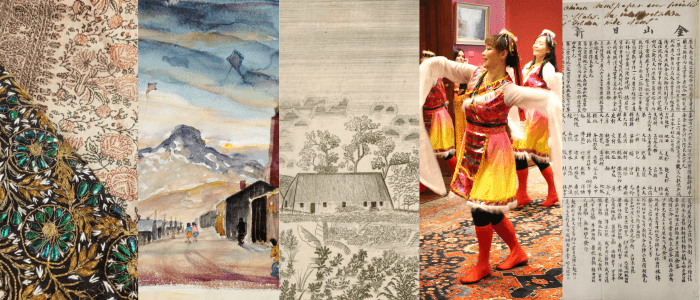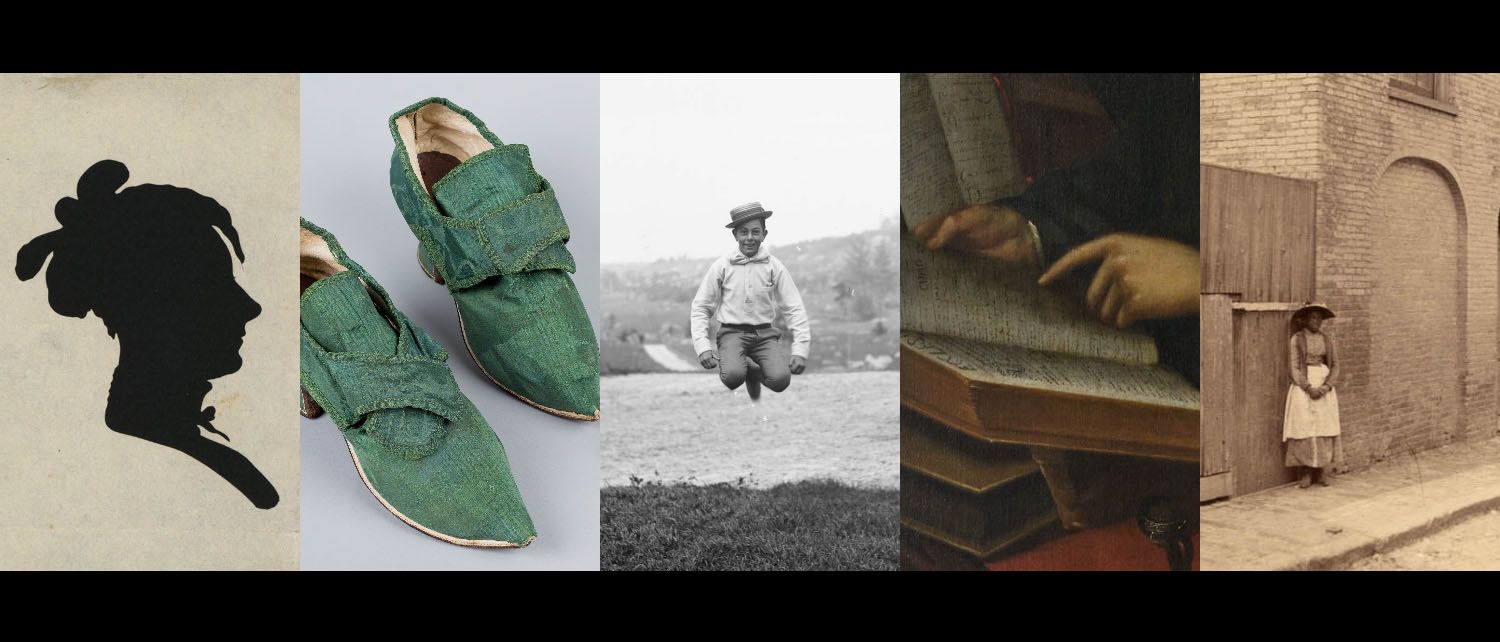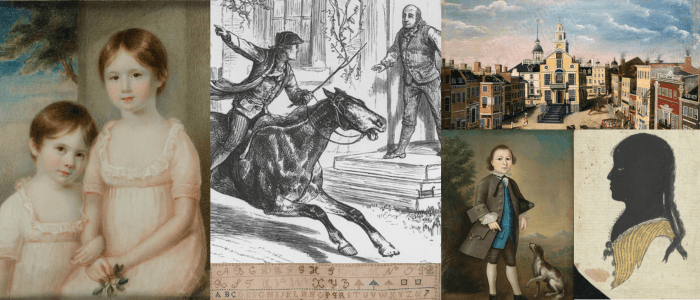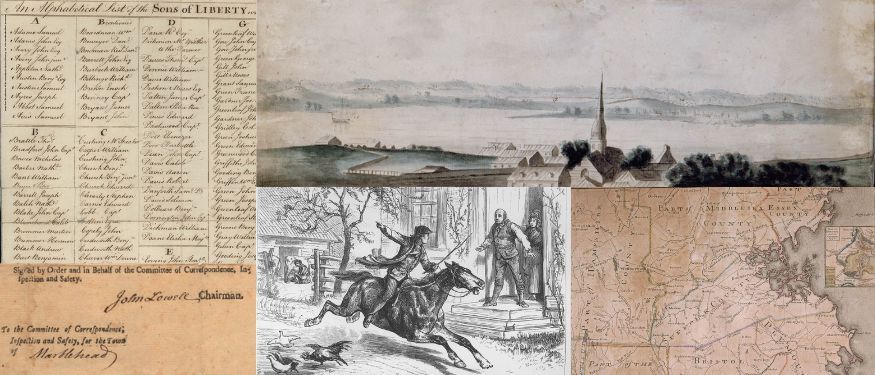Event
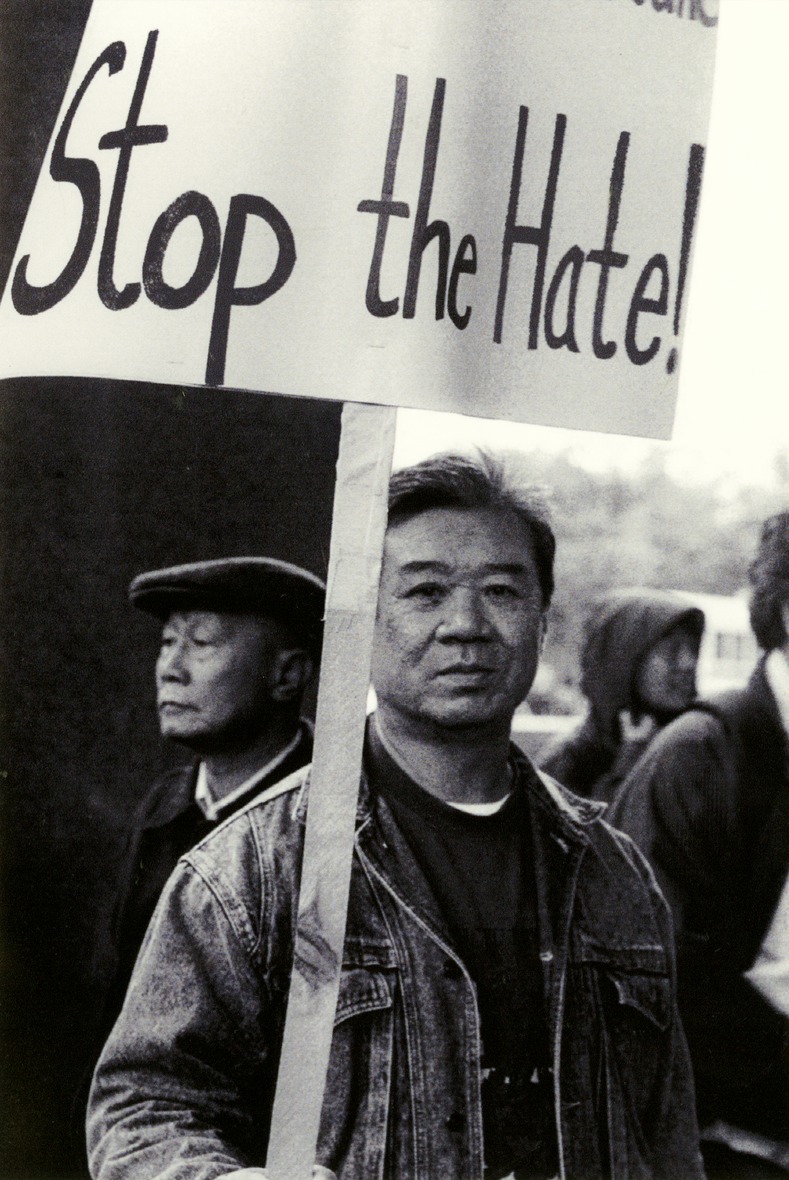
Confronting Racial Injustice: Rising Asian American Voices
Pre-recorded Remarks by Mayor Michelle Wu
Paul Lee, Retired Partner, Goodwin Procter LLP; Phil Tajitsu Nash, Asian American Legal Defense and Education Fund; and Representative Tram Nguyen; Moderated by Honorable Catherine Ham, Associate Justice, Massachusetts Superior Court
Photograph by Douglas M. Brugge, Courtesy of the Chinese Progressive Association records at the Northeastern University Archives and Special Collections
Anti-Asian violence is not new. Join us for a conversation about the history of racial violence against Asian Americans, and the recent rise of Asian American voices.
Developed by the Northeastern University School of Law Criminal Justice Task Force, Confronting Racial Injustice is a free series hosted by the Massachusetts Historical Society. More information about the series and a list of our co-sponsors can be found here.
Online Event
